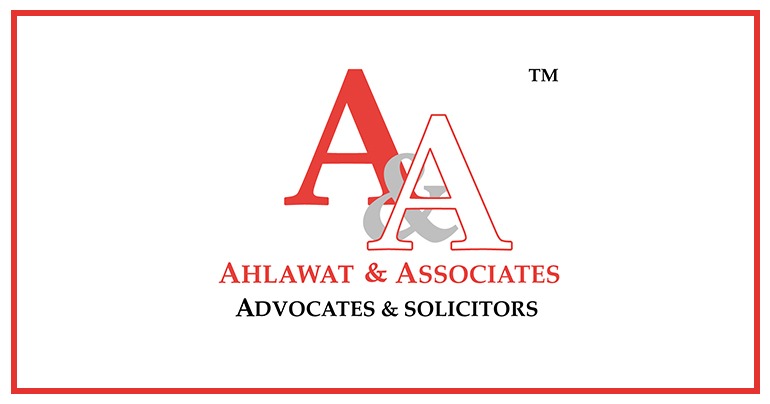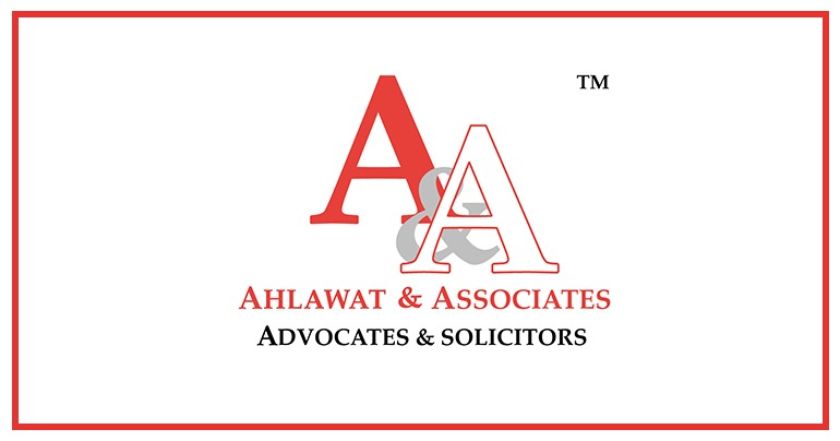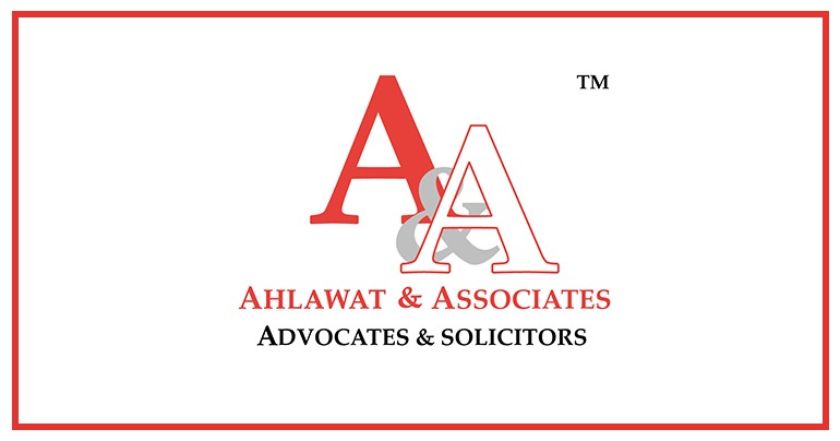
 A&A
A&A
 August 4, 2022
August 4, 2022
The Intellectual Property Division of the Delhi High Court on July 18, 2022 pronounced a judgment [in the case of Excitel Private Limited vs. The Registrar of Trade Marks, C.A. (COMM.IPD-TM) 5/2021] on the issue of what constitutes evidence in support of use of a trademark. The present appeal was filed by Excited in 2021 against the order dated October 28, 2020 passed by the Senior Examiner of Trade Marks, wherein the Examiner rejected the appellant’s trademark application for the mark REELTIME in class 42.
During the course of hearings for the suit, the counsel for the Appellant submitted the records pertaining to the use of the mark REELTIME since November 2014. The Appellant also owned trademark registrations for the word mark as well as the device mark across various other classes. The counsel for the Respondent submitted that while the Appellant had a product under the mark, however the same is no longer being offered. The Respondent also submitted that Google LLC had opposed one of the Appellant’s applications and therefore rights in the said registered mark cannot be claimed by the Appellant.
The court took note of the reasons provided by the Registrar (at the Trade Marks registry) for refusing registration to the Appellant’s trademark application - ‘The mark applied for registration is identical with/similar to earlier trademarks on record…As per the examination report Deceptively and phonetically and conceptually similar registered and duly valid mark no. 3092120 with the similar services and prior user are on record, and the applicant mark have no significance and uniqueness in the adoption of the trade mark so as a whole there is no difference between cited mark and the applicant’s mark, since the prominent feature of the mark is a common term, as there is phonetically and conceptually similarity with the cited mark, furthermore the affidavit submitted by the applicant does not mentioned the annual sales turnover year wise and expenses over publicity/advertisement of the mark, moreover internet website extract submitted are in the form of secondary evidence, so there is no primary evidence of the mark, hence not having user and no acquired secondary meaning and no concurrent user, which lacks to prove the user as long and continuous commercial use.’ The Examiner further noted that the various trademark registrations submitted by the Appellant could not be considered since the mere presence of the mark in the register does not prove its user.
While taking into account the Appellant’s assertions, the Court noted that ‘…rejecting the evidence extracted hereinabove, on the ground that it does not constitute primary evidence would be an incorrect approach inasmuch as the genuineness of the printout can be easily checked by the examiner by accessing the internet at the time of hearing. Moreover, if there is any doubt in respect to printouts that have been filed by the Appellant, at best, the examiner can call for an affidavit under Section 65B of the Information Technology Act, 2000 (hereinafter “IT Act”). Simply rejecting the website printouts would be contrary to law as the law permits reliance on website printouts, so long as they can be they can be accompanied with a certificate under Section 65B of the IT Act.’
It is reassuring to see the court interpret the law with an intent to make it more inclusive especially keeping into account digital advents, since in a world where a business’ online presence is just as important as its physical one, it shall be detrimental to ignore the usage of a mark in trade and commerce just because the same is done online instead of offline.

The Ministry of Electronics and Information Technology have notified three Grievance Appellate Committees under the Information
View More
The state of Chhattisgarh has notified the Chhattisgarh Gambling (Prohibition) Act, 2022, replacing the erstwhile statute -
View More
The draft Digital Personal Data Protection Bill, 2022 (“DPDP Bill”) was published for inviting comments from the public and stakeholders
View More















 Cookies Consent
Cookies ConsentWe use cookies to help you navigate efficiently and perform certain functions. You will find detailed information about all cookies under each consent category below. Read more...
 Cookies Consent
Cookies ConsentWe use cookies to help you navigate efficiently and perform certain functions. You will find detailed information about all cookies under each consent category below. Read more...

